At Dusk There Is More Danger Of Hitting A Deer Because

Behind The Wheel How Likely Are You To Hit A Deer This Fall

Hitting A Deer Does Insurance Cover It What To Do Before And After

Deer Danger On The Road Ctv News

Watch Out For That Deer How To Keep Your Commercial Drivers Safe

Who What Why Why Do Deer Cause More Car Crashes In Autumn c News

Pennsylvania Is No 1 In Projected Car Crashes With Deer Insurer Says Lehighvalleylive Com
It is important for you to focus on the movement around the vehicle during this time of the.

At dusk there is more danger of hitting a deer because. Parking is not allowed:. Dusk and dawn are high risk time periods for deer movement. State Farm ® estimates that 1.35 million auto-deer collisions occurred in the U.S.
The most common time for collisions with deer is dawn and dusk. October, November and December are especially dangerous because deer are out looking for a mate, and hunters are invading their territory. Here are the top 10 states for deer-car collisions and how to reduce your risk of having one.
Deer are especially active at dawn and dusk;. Deer and elk were hit in at least five more crashes at Hanford that month,. That’s a fancy way of saying they move the most during twilight.
Many of these deer find their way onto highways and into suburban neighborhoods. May-June is another period of high activity, as adolescent 1-year old deer relocate to new habitats. You can learn more in our 60 Second Driver – Defensive Driving video.
Periods when your vision is most compromised. Recognize Local Danger Zones. To add even more to this troublesome situation, deer are more likely to be on the move during mating season from October through January.
1.) within 15 feet of a crosswalk or intersection 2.) within 4 feet of a driveway, alley, or private road. This time of day is when deer are most active. Slow down when passing yellow animal-crossing signs.
Tips to Avoid Accident. Deer usually travel in groups. There are about 1.5 million car accidents with deer each year.
By Craig Stowers, California Department of Fish and Game senior wildlife biologist December 7, 11. Be extra vigilant during those times, especially because the light is often poor. Swerving isn’t always the safest option.
If you see one deer, be prepared for more deer to cross the road. Statistics on Deer Car Accidents. So if you’re driving as the sun is rising or coming home from work at dusk… be especially careful.
They’re tall enough that your headlights might not allow you to see their heads or most of their body, which also means that they’re more likely to strike. But, swerving to miss a deer and hitting a ditch or tree would be considered an at-fault collision. Drive slowly through high deer populated areas.
Deer are most active at dusk and dawn:. Because a moose is large, with skinny legs and a barrel-like torso, hitting a moose with your car will probably cause the moose's body to hit your hood and windshield. A blind spot is dangers because _____.
Potholes, poor lighting, dangerous debris, and other cars are among the more common roadway hazards that drivers encounter. They’re also more active during dusk and dawn, meaning they’re more likely to cross into traffic during those times. Although deer sightings along roadways are more common, moose can be particularly dangerous for drivers.
Be especially alert in the fall (and spring) for deer, when vehicle deer collisions are at their highest. By contrast, since deer are active at night and have little danger of eye damage from ultraviolet light, their lenses are clear, which enable deer to see a bit of the UV spectrum – ultimately giving it even better night vision. Wildlife is most active during dusk, dawn, and night.
If you are driving during these times, be sure to use your headlights and/or high beams when possible. The times when you are most likely to run into deer on the roads is early in the morning and during dusk. Also, be aware that dusk and dawn are going to be the time when you’re most likely to encounter a deer in the road.
To add to their terrible timing, deer are on the move during mating season (between October and January) when you’re more likely to travel after the sun sets. Deer are more mobile during the early morning and dusk hours of the day, and they are most active during the late fall and early winter. Iowans have a 1 in 69 chance of hitting a deer, according to State Farm Insurance.
You’ll not only be able to see clearer, but you’ll have a greater chance of spotting a deer from a distance. Last year, Missouri averaged a deer-vehicle crash every two hours. If one comes across your path, proceed with caution in case there are more.
Deer also have a strong herding instinct, and from time to time, someone will hit more than one in an accident. Dusk and dawn are prime times for deer activity, especially the hours of 5-8 a.m. Look for more than one deer.
Particularly at dusk and dawn. In most cases, you're more likely to survive a deer strike than a collision with another vehicle. You will instinctively want to swerve, but there are other factors to consider.
If there is no oncoming traffic, turn on your high beams:. 5 Tips to Avoid Hitting a Deer on the Highway Posted on September 10, 14 by Defensive Driving Team | in Driver Safety For You & Your Family, Driving and Safety Tips. During the daytime, motorists can more easily see and avoid hitting deer.
Nighttime driving can put a strain on the eyes, so be safe by driving at a moderate speed. At dusk, there is more danger of hitting a deer because _____. Deer can move around at any time.
Hitting a much more massive oncoming car or an immovable tree is worse than hitting a deer. Slow down at deer-crossing signs, which are posted where deer-vehicle collisions have repeatedly occurred, and near woods, parks, golf courses, and streams or creeks. Swerving and getting into an accident has a much more expensive result and can be extremely dangerous for the driver and passengers in the car.
They’re less visible at night than deer because of their dark fur and height. At a reduced speed, you have a better chance of avoiding a deer. Below are a series of suggestions that will help minimize your chances of hitting a deer.
Deer are hard to see early in the morning and at dusk, your bright lights will help pick up a deer’s eye to give you advanced warning time. You're most likely to see a deer at dawn or at dusk, and if you do see a deer, always slow down. Slow down and watch for deer crossing roads at dusk and dawn.
Be alert for deer and elk at dawn and dusk. Deer typically travel in groups so if you see a deer crossing alone, you. Right now, following a time-change, that coincides with morning and evening rush hours.
Hit the damn deer.” This isn’t because Hertzner hates deer, and it isn’t because he wants your business. Be extra cautious at dawn and dusk. Most animals, especially deer, tend to be more active early in the morning and at dusk.
While deer can—and do—cross the road at all hours of the day, dusk and dawn are their peak hours of activity. Deer-vehicle crashes peak in the autumn months, but Minnesota’s large deer population makes them a safety hazard on the road all year long. Of all of our total recorded animal related claims, 24% occur before 7am, and 32% occur between 7pm and Midnight.
Slow down and stay alert, especially after dark. There are things motorists should do to avoid hitting a deer, said Bob Warren, a professor in the Warnell School and one of the researchers on the study. Braking will dip the front end of the vehicle and increase the chances the deer will come up the hood and through the windshield.
Be alert especially at dawn and dusk. Be especially careful when driving at dawn and at dusk. This is because it is more difficult to see these animals on the road at this time and the animals are more likely to be active at this time.
In 19, Grinnell Mutual received 6,114 deer- hit claims. The leading cause of accidents, injuries, and deaths from deer-related accidents is when vehicles swerve in an attempt to avoid hitting a deer. As a result, more deer-vehicle collisions occur in this period than at any other time of year.
In addition, because people are most active during the day, our lenses are slightly yellow to filter out damaging ultraviolet rays. The danger time for deer/auto collisions is around dusk and dawn. In the limited light, the deer feel safer to move around, and people don't see as well adapting to the changing light.
A contributing factor to deer-vehicle collisions is the time of day at which motorists travel through deer habitation. If you see a deer, slow down. Deer become more active and are more likely to suddenly sprint onto roadways — an activity known as fall rut.
These warnings are posted not because road crews just happened to have a surplus of signs, but because heavy animal traffic frequents the area. Deer are unpredictable, and swerving to avoid hitting one is usually a bad idea. According to Grinnell Mutual’s Claims division, more drivers are hitting more deer than ever before, continuing a five-year trend.
If you see one cross the road, there are probably more waiting. Swerving can result in vehicles moving into oncoming traffic, crashing into trees and other objects, or evening rolling over. Even if you're vigilant about avoiding animal collisions, the risk of hitting a deer with your vehicle heightens in the late fall and early winter.
Be sure to anticipate dangerous situations – be extremely cautious if you are in an area with a high concentration of deer crashes (see the Winnipeg and rural Manitoba deer collision hot spots) or driving at a time of year with a high collision rate (October and November. Be particularly alert if you’re driving near woods, as deer can suddenly appear before you have time to brake. Pay Attention at All Times While moose are most active at dawn and dusk, they wander onto roads and highways at all times of day and night.
And then there are the unforeseen hazards. Deer are crepuscular, which means they prefer to occupy the dim times between. When one deer crosses the road, there may be others about to cross.
And while deer are most active near dawn and dusk, during the rut they may race across the road any time of the day or night. Deer travel in groups. There’s a reason “like a deer caught in headlights” is a popular saying — both the deer and the driver tend to freeze in shock before a collision.
Deer tend to stay in small packs. Motorists Urged to Be Alert from Dusk to Dawn during Mating Season. Deer are mostly active from dusk to dawn,.
Swerving to avoid an animal can often cause a more serious crash or result in drivers losing control of vehicles. Hazards in the Headlights:. During the months of October through.
When I was a. Approximately one-half or more of all deer-vehicle collisions generally occur during the three months of October, November, and December. Dusk and Dawn Are High Risk.
For times like that, Hertzner has some familiar advice:. Deer move around to feed a dusk Motorcycles and bicycles are a safety risk because they are less stable than cars, drivers tend not to look for cyclists, and they can easily be in a driver's blind spot. If you do see deer, try not to swerve suddenly to avoid hitting them.
Don’t swerve to avoid hitting a deer. There were on average more than ,000 motor-vehicle deer. Just because it misses the deer, doesn't mean you will;.
Deer car accidents happen frequently and tend to occur in the early morning or late evening hours. Just because they hit it, doesn't mean you have to hit them. According to the Insurance Institute for Highway Safety from 1975 to the mid-00s there was a general upward trend in deaths from collisions with animals.
Deer are most frequently hit during dusk and dawn, bears and moose at night. In wooded areas, watch for deer in the ditches and along forest edges. Fall is season you're most likely to hit a deer while driving.
Where you live you are probably aware of local areas where you just see more deer than other places all year-round. Because it may mean there are animals near the road ahead. At night, most especially during the dusk and dawn hours, deer are much harder to see, which increases the chance of collision.
Between July 1, 16 and June 30, 17. Every road you drive has hazards. Deer are herd animals and they usually travel in a single file line.
There are certain locations deer like to frequent. Follow these tips to avoid hitting a deer Know the time of day:. During this time, though, your vision is already impaired than in broad daylight.
A collision into oncoming traffic could be even worse. Deers move around to feed at dusk. Deer crashes are especially dangerous for motorcyclists — a group which accounted for 17 of the vehicle-deer related deaths over a five year period (15-19).
Local law enforcement reminds motorists of precautions they can take to avoid hitting deer and actions to take if they hit a deer. They often travel in groups. Deer are “crepuscular” animals.
Using only your mirrors, you can't see a vehicle in this area. These crashes were costly for drivers, with a national cost per claim average of $4,179. Use your high-beam headlights when there are no oncoming cars.
According to the DMV, headlights have an illumination range of 0-250 feet, which means at night, or in poor conditions, your driving speed should be 45 mph in areas where there are animal crossing signs – 30 mph if conditions are icy. Hitting a deer might often cause less damage than swerving to avoid it… and then hitting a more dangerous obstacle, like a vehicle in oncoming traffic. “Sadly, if you do hit a deer, pull over to a safe spot on the side of the road and call the.
Drivers should also look for signs regarding deer crossing, as studies have found that crash risk can be reduced by up to 34% when signs are posted. However, they are more likely to be active during the dawn and dusk hours. Do not swerve to avoid a deer collision.
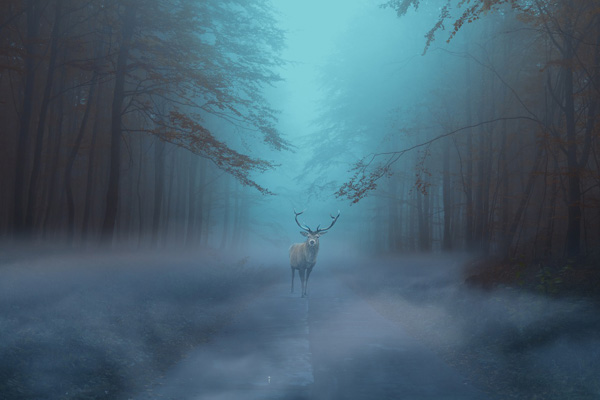
How Deer Accidents Happen And How To Avoid Them Speedir

How To Avoid Deer At Night Life Lanes
Kansas Hits 10 Year High For Deer Crashes Sedgwick Has Most The Wichita Eagle

Subrogating The Deer In The Headlights Vehicle And Deer Collisions
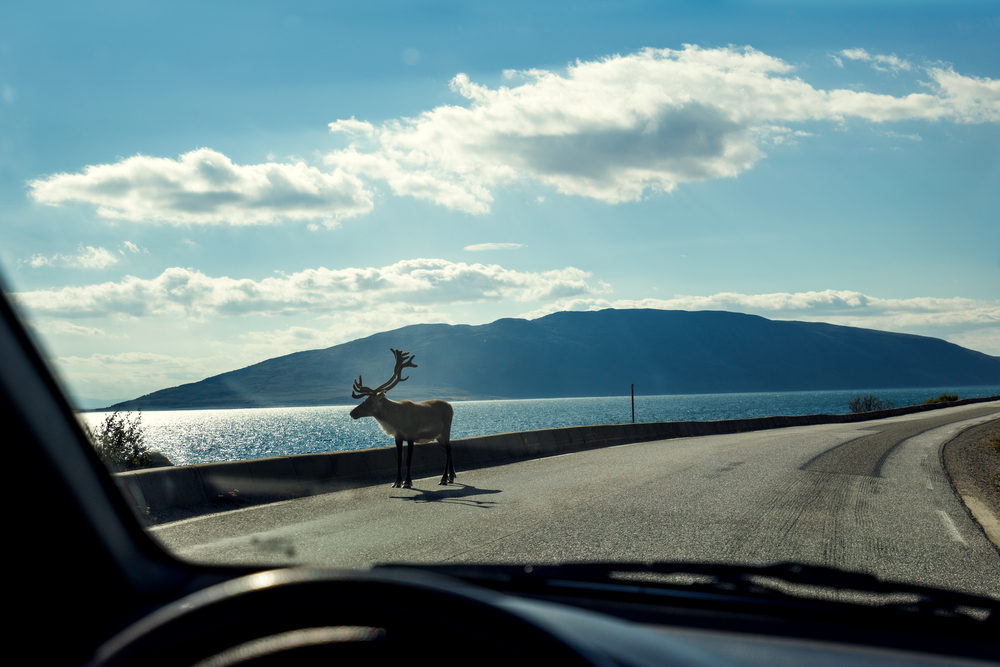
Hazards In The Headlights 5 Tips To Avoid Hitting A Deer On The Highway Defensive Driving
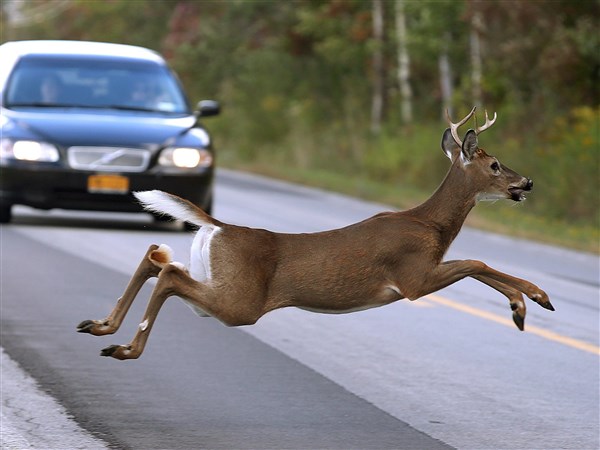
Outdoors Fall Puts Deer On Collision Course With Drivers Toledo Blade

Deer

Danger Of Hitting Deer Going Up In Texas Keye
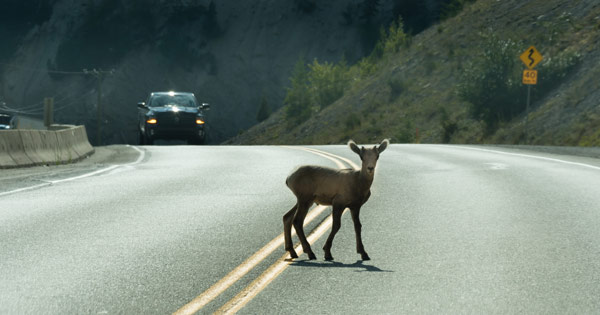
Does Car Insurance Cover Hitting Deer Or Other Animals Quotewizard
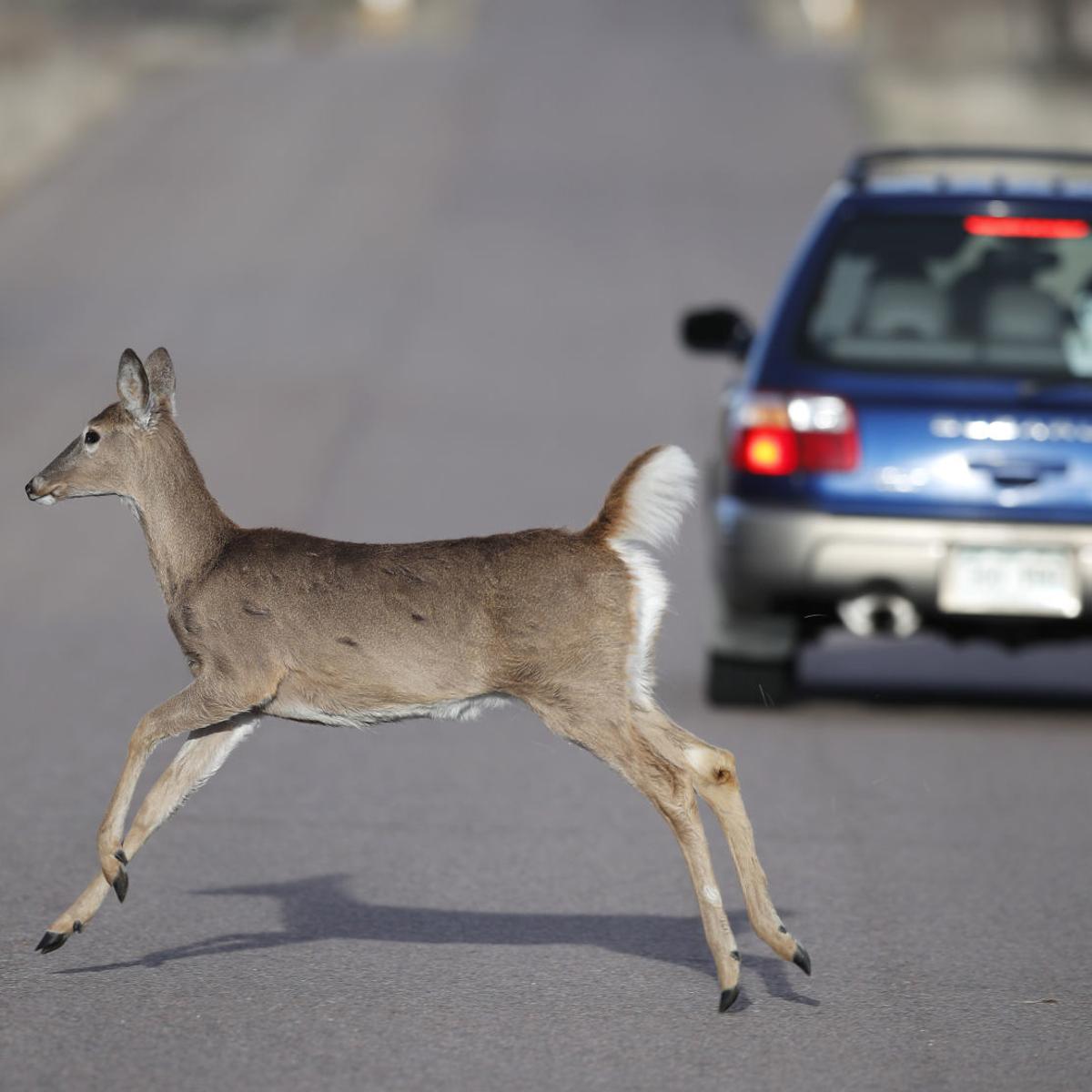
The Two Best Ways To Avoid Deer Crashes This Fall And What To Do If You Hit One Local News Journaltimes Com
Q Tbn 3aand9gcssfpg2yahgsx1rl3gwnfcmdoezj31zfktw3 Bk Uecixrnbu4v Usqp Cau

How To Avoid Deer Accidents Geico Living

Now Is Peak Time For Deer Car Crashes The Lima News

Deer Accidents By State The 12 Worst Areas Ranked

Fall Brings Increase In Car Deer Crashes In Michigan Big Rapids Pioneer
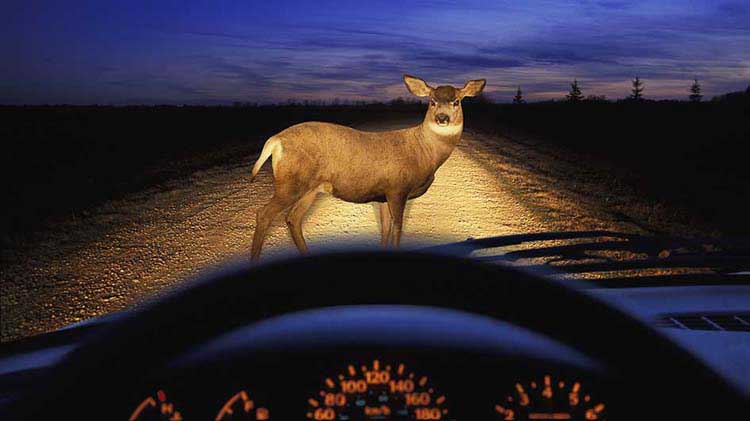
6 Immediate Steps To Take If You Hit A Deer With Your Car State Farm

Why Do Deer Cross The Road It S A Romantic Thing And It S Dangerous In November Hartford Courant

Auto Accidents Involving Deer In Pennsylvania The Pearce Law Firm Personal Injury And Accident Lawyers P C

Part 1 How To Avoid Hitting A Deer And Other Animals On The Road Franklin D Azar Associates P C
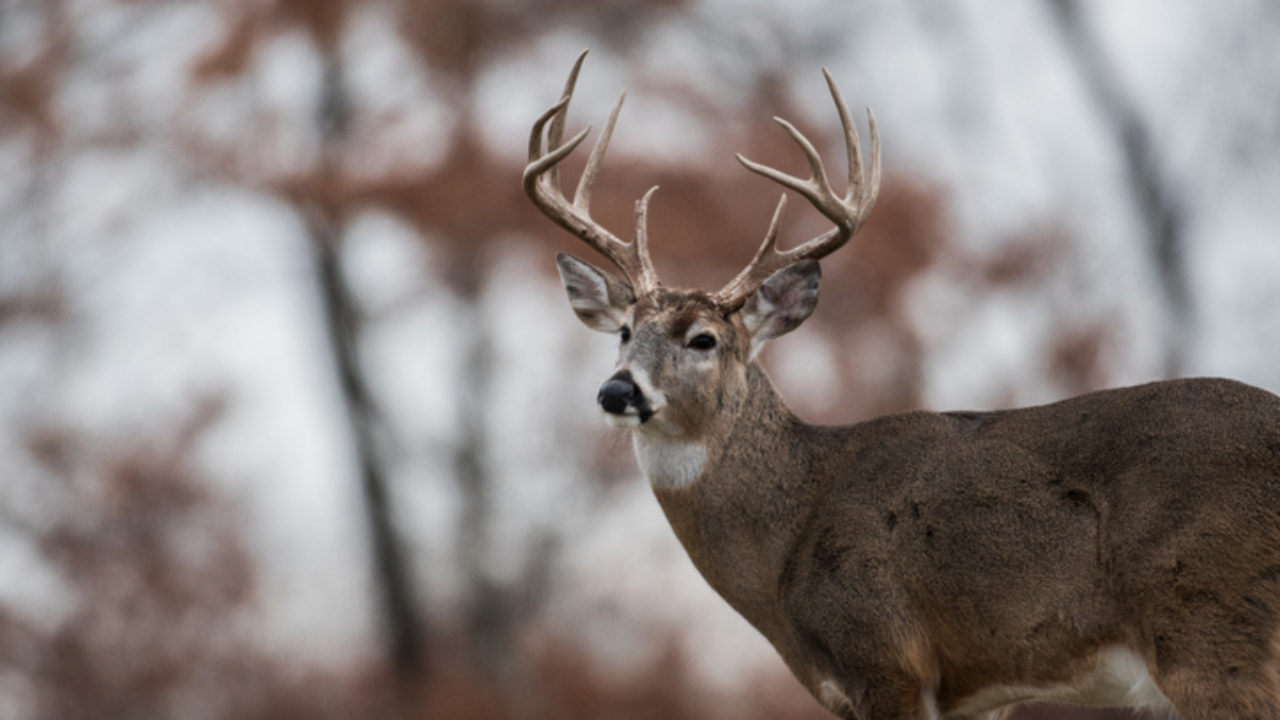
What To Do If You Hit A Deer With Your Car Wkw
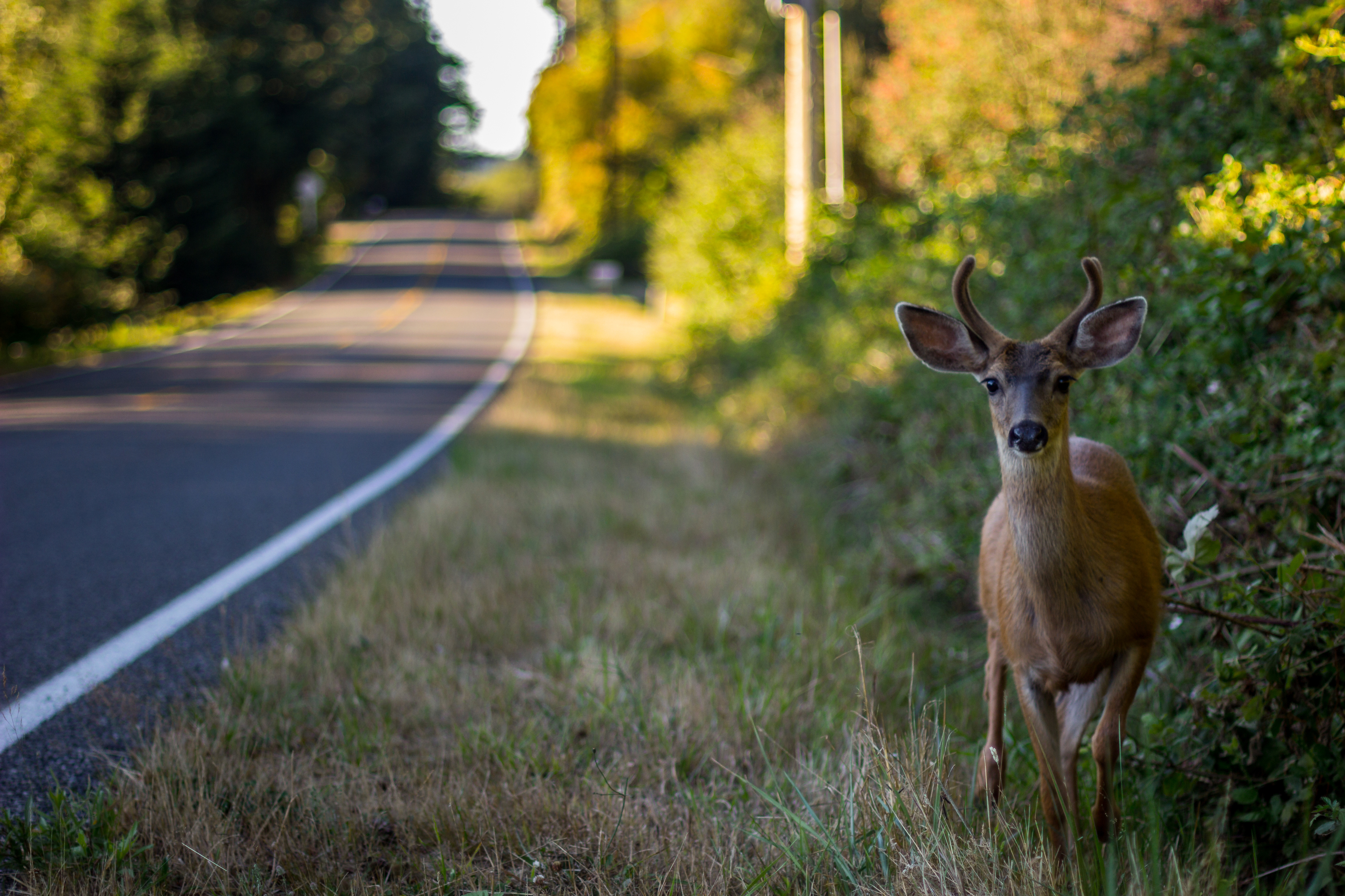
State Farm Average Deer Claim Up To 4 341 W Va Still No 1 In Odds Of Hitting One Repairer Driven Newsrepairer Driven News

Tips To Avoid Hitting A Deer While Driving Abc7 San Francisco
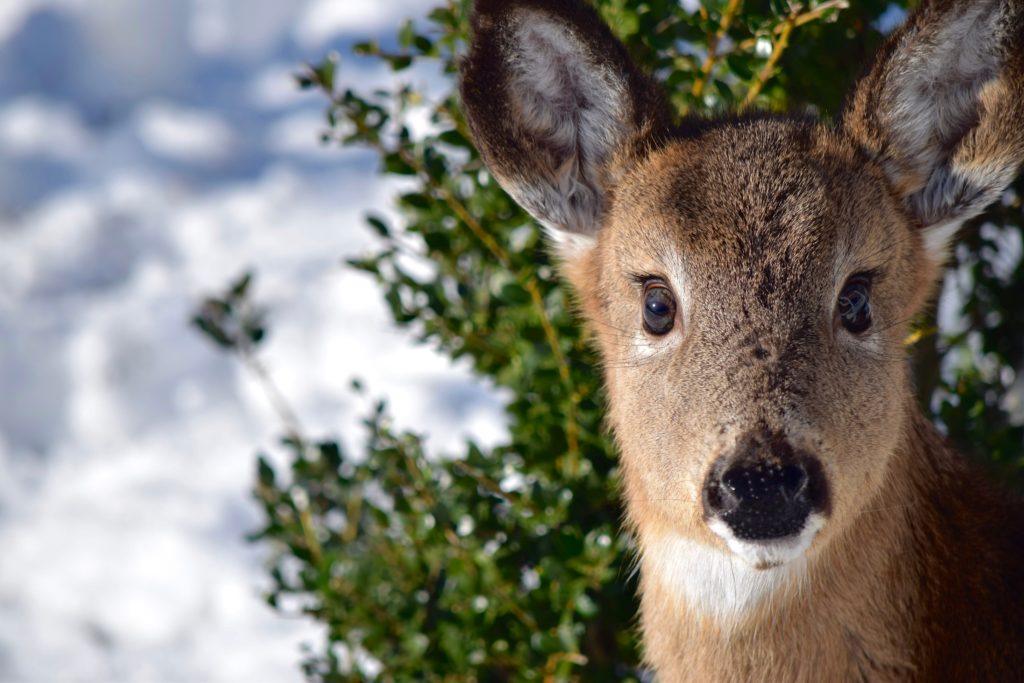
Car Accidents Involving Deer The Facts Cascade Collision
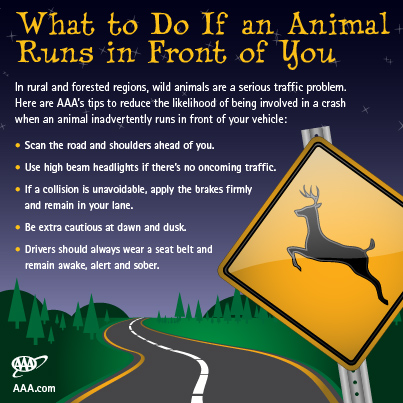
Wildlife Crossing Tips To Avoid Animal Vehicle Collisions a Exchange

Love Struck Deer A Danger For Drivers

Police Talk About Safety While Driving With Deer On The Road Wsbt
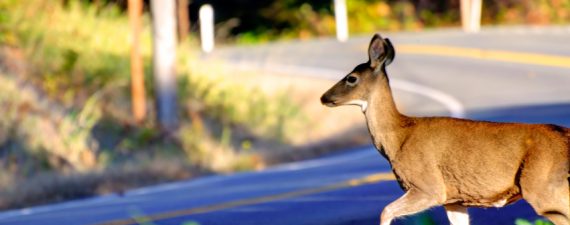
What Drivers Should Know About Deer Accidents Car Insurance
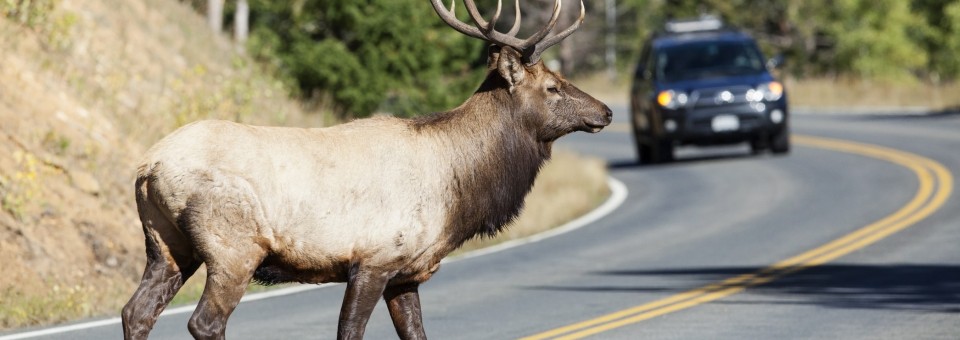
Hitting An Animal Wild Vs Domestic Infinity Insurance

Hold On For Deer Life Officials Stress Alert Driving During Peak Season Delaware State News Delaware State News
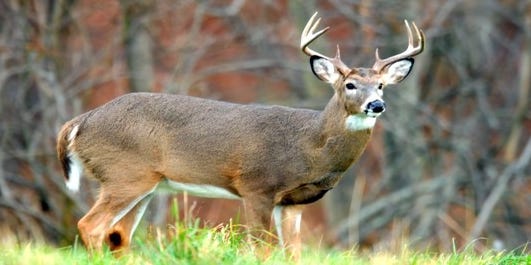
Pennsylvania Drivers Are Likely To Hit Deer Especially During The Rut

Fact Or Fiction Debunking Deer Collisions
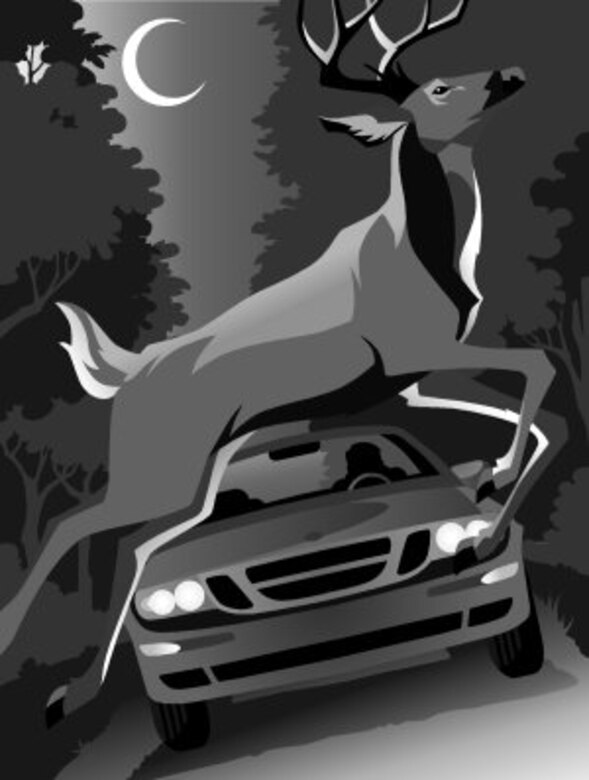
Oh Dear I Just Hit A Deer Joint Base Charleston Article Display

In Wyoming A Solution To Wildlife Traffic Accidents
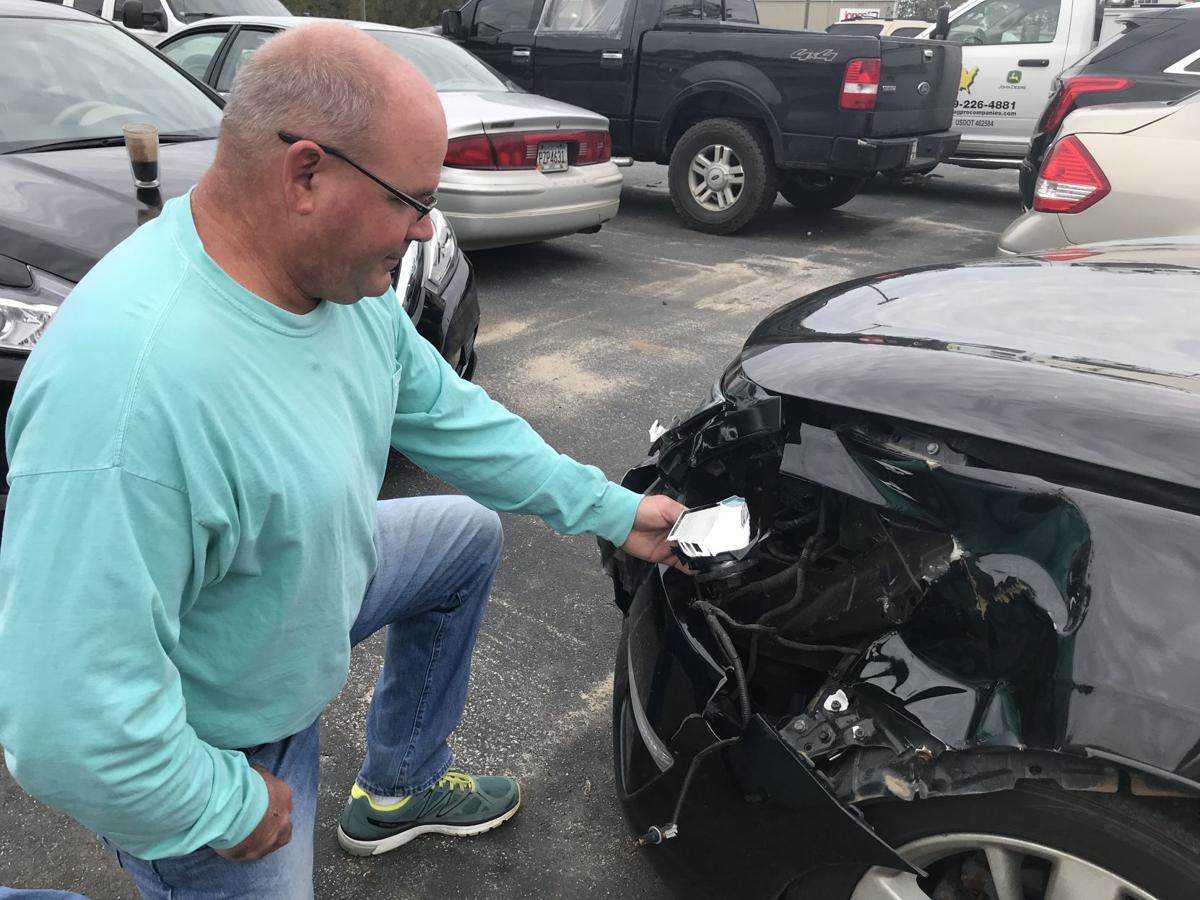
Sunlight Project Deer Related Collisions Cause Damage Harm Timesenterprise Com
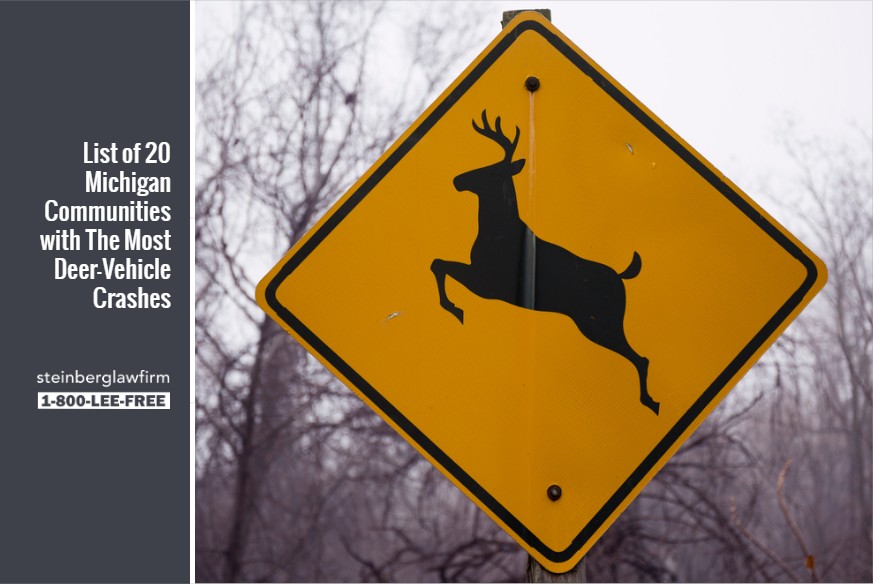
Top Michigan Areas With The Most Deer Crashes

Deer Crossing Awareness For Motorists Urged All Year But Especially In The Fall When Deer Are On The Move News Theoaklandpress Com
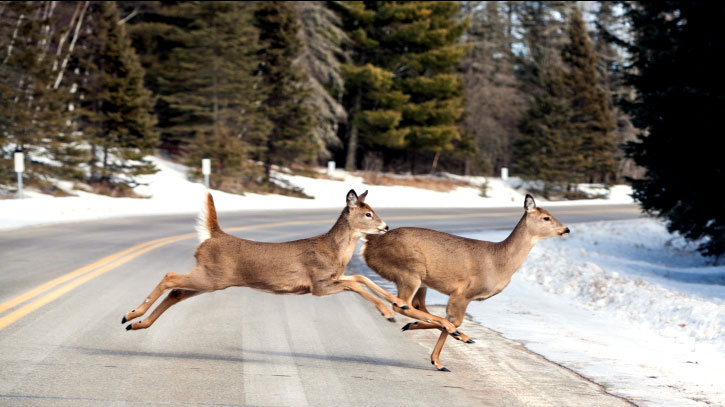
Oh Deer Tips To Avoid Collisions The Cincinnati Insurance Companies Blog
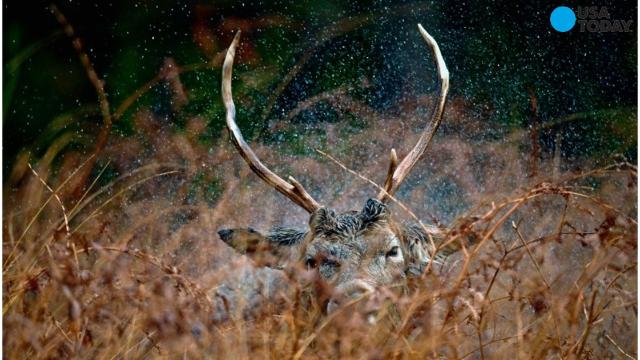
Study Iowa Ranks 4th In Nation For Deer Collision Claims

10 States Where You Re Most Likely To Hit A Deer Simplemost
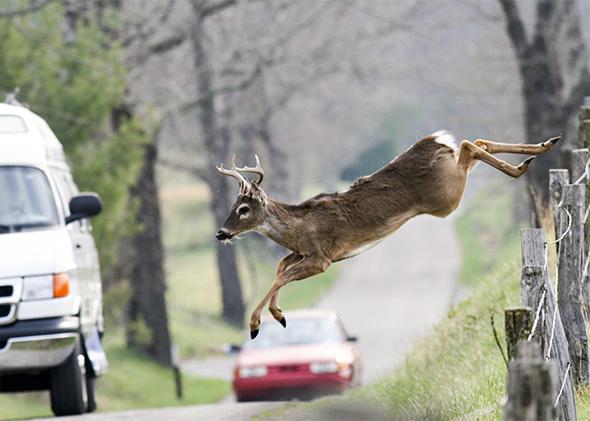
Deer Car Crashes How To Avoid And Survive Collisions With North America S Deadliest Animals

Alpharetta Warns Drivers About Increasing Danger Of Deer On The Road
1
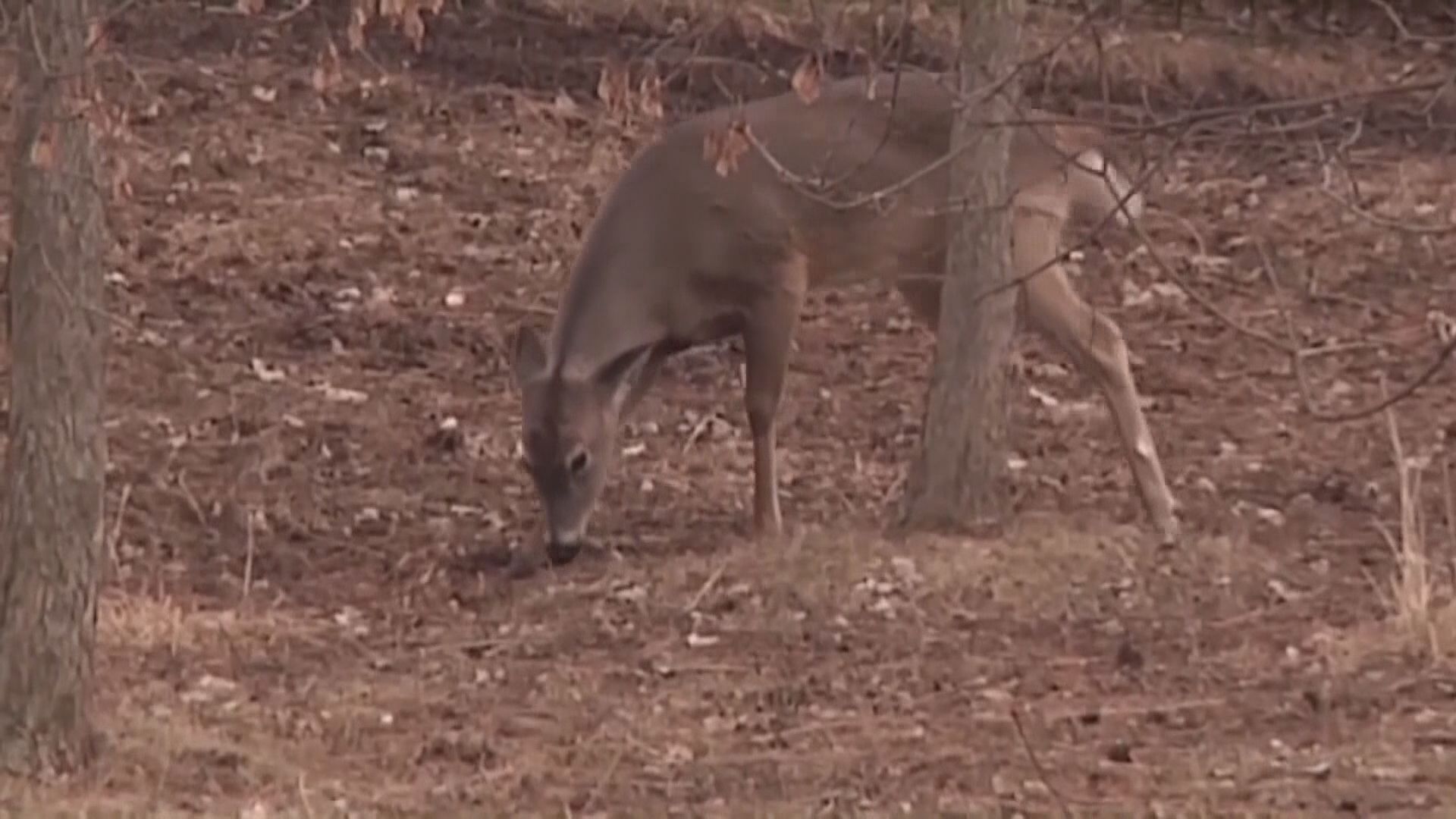
Car Killed Deer What Are Your Options
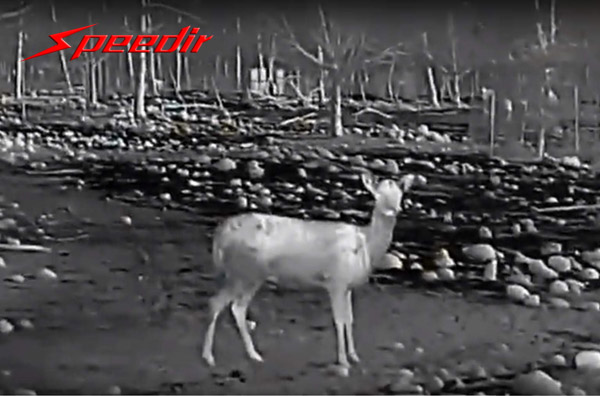
How Deer Accidents Happen And How To Avoid Them Speedir

A Dangerous Combination Dusk Deer And Driving Scotland S Nature
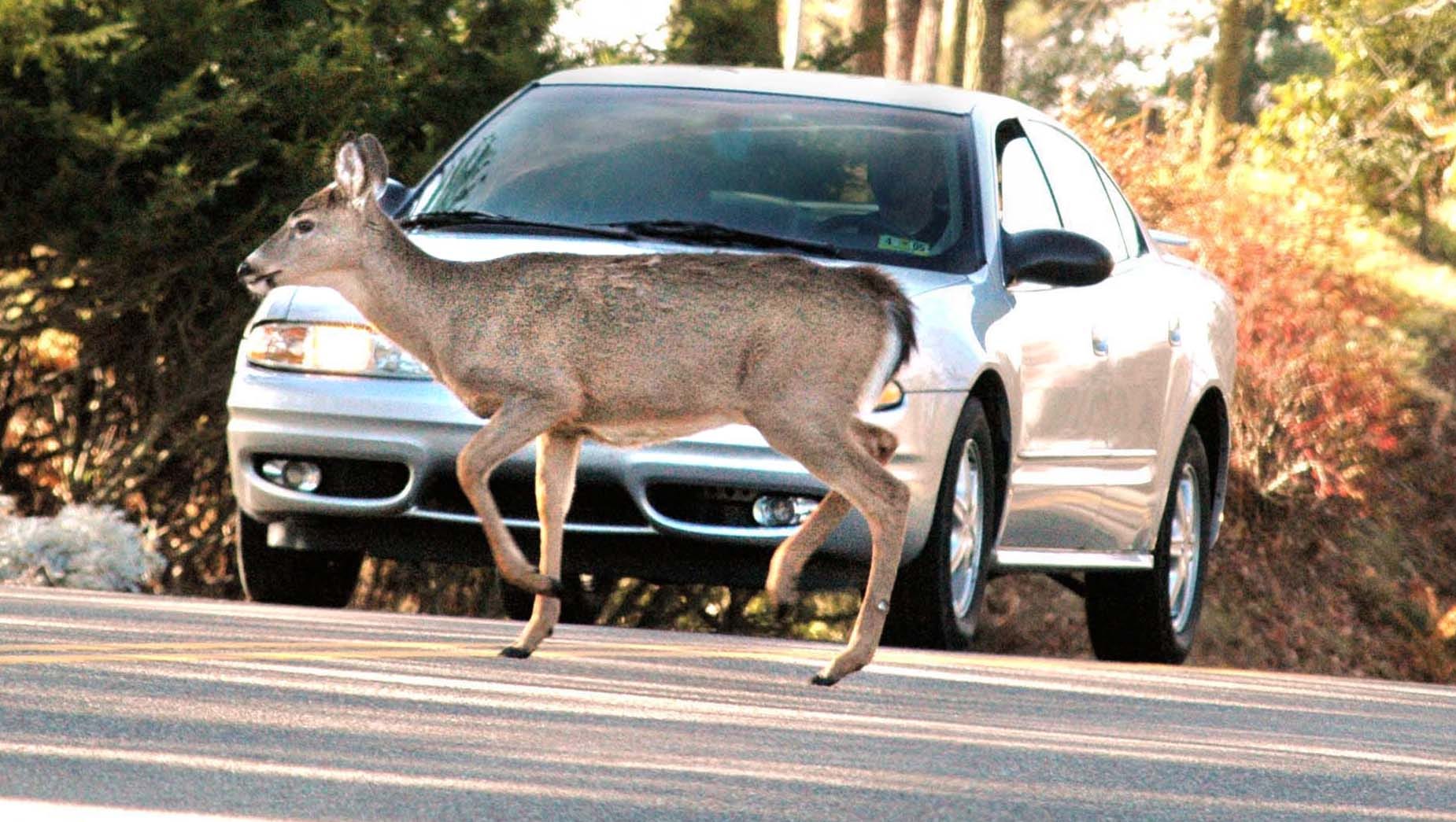
What To Do If You Re About To Hit A Deer With Your Car

Infographic How To Prevent Or Deal With Deer Vehicle Collisions A Complete Guide In The Garage With Carparts Com
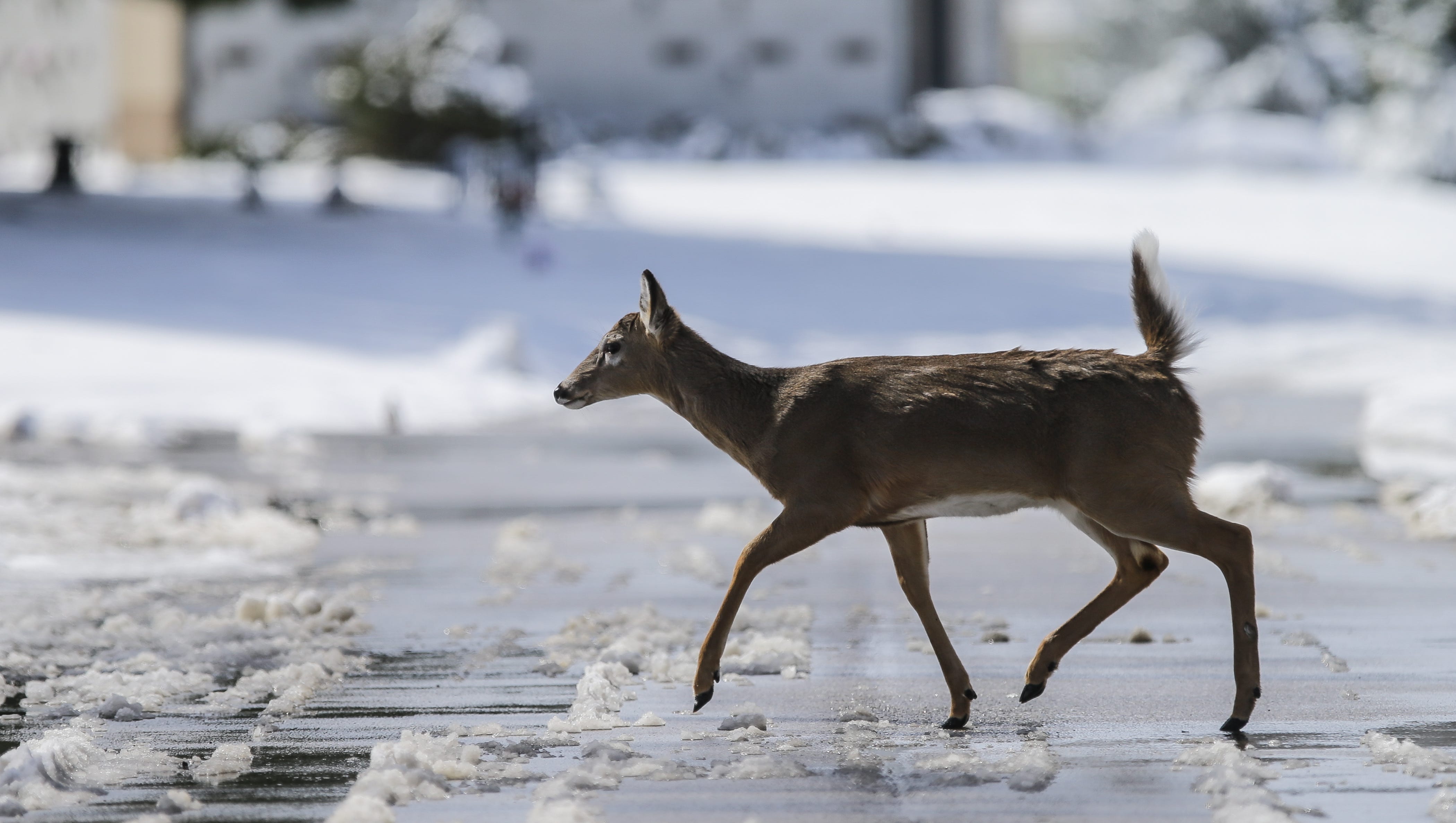
Tips For Avoiding Or Surviving A Car Crash With A Deer
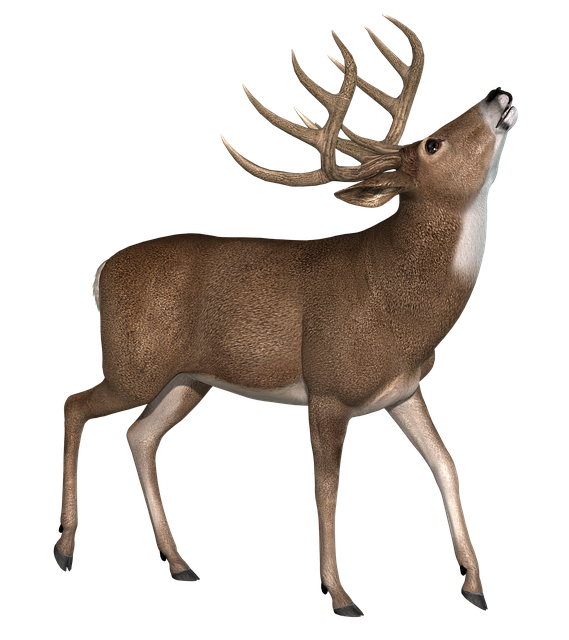
How Deer Accidents Happen And How To Avoid Them Speedir
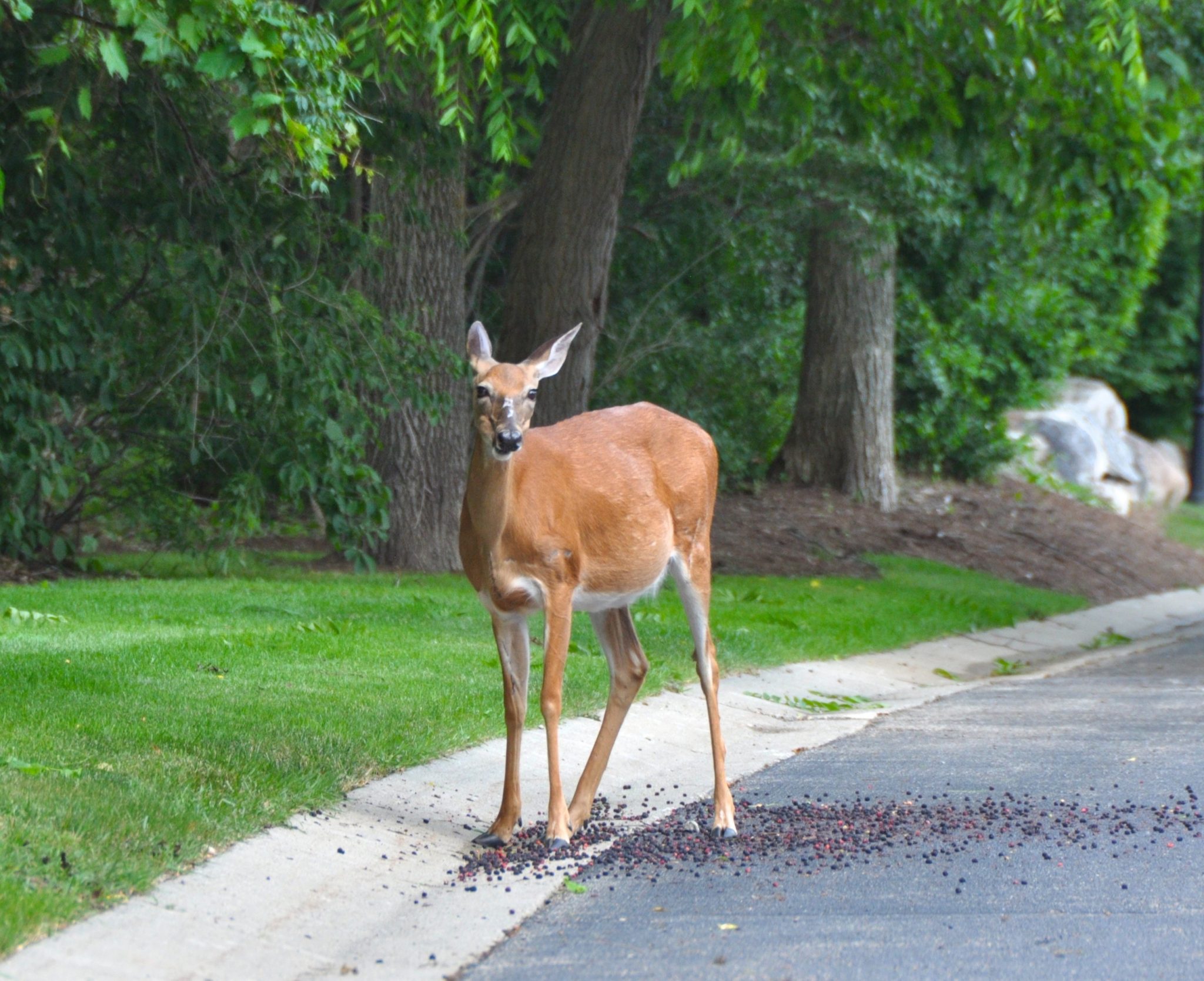
October November Big Months For Deer Vehicle Collisions Here S How To Avoid Them Hshv

How To Avoid Deer Accidents Geico Living
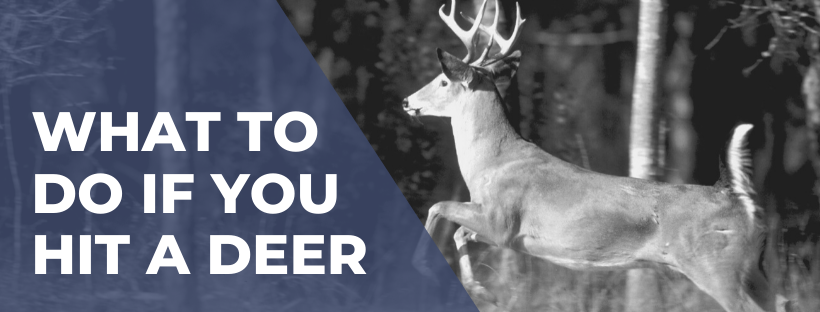
What To Do If You Hit A Deer In South Carolina The Clardy Law Firm
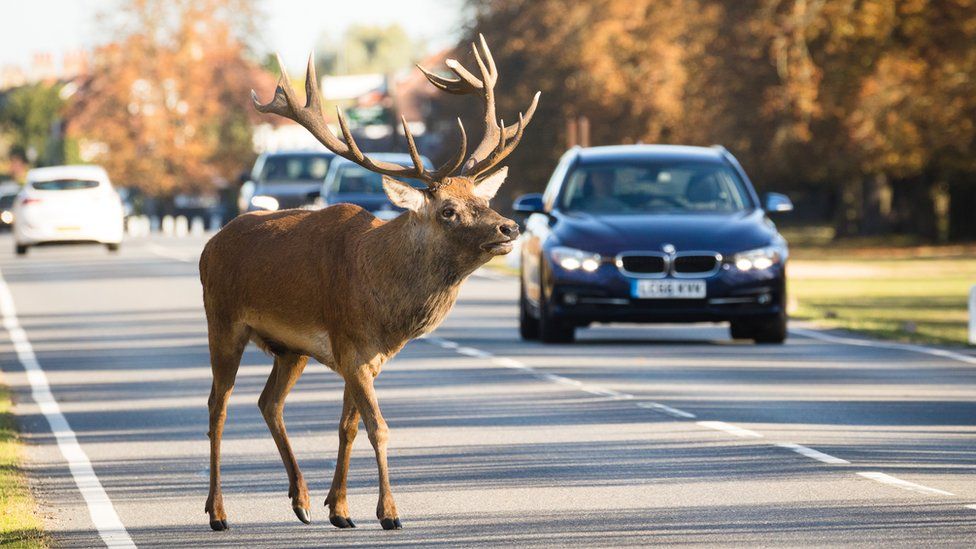
Deer Road Deaths Prompt Highways England Driver Warning c News

How To Avoid Hitting A Deer

Tips To Avoid Hitting A Deer With Your Car Stay Safe Probst Collision

Use Defensive Driving Techniques To Avoid Hitting A Deer Article The United States Army

Oh Deer Peak Season For Hitting Wildlife On The Road Is Here East Idaho News

Deer Drive Damage Claim Costs Up State Farm

Danger Of Hitting Deer Going Up In Texas Keye

Dangerous Deer Vehicle Collisions Highest On South Shore Silive Com

More Snow Might Mean More Deer On The Road Officials Say

Injuries Caused By Car Accidents With Deer In Kentucky And Indiana Kaufman Stigger Pllc

It S Deer Mating Season How To Not Hit One With Your Car Peachtree Corners Ga Patch
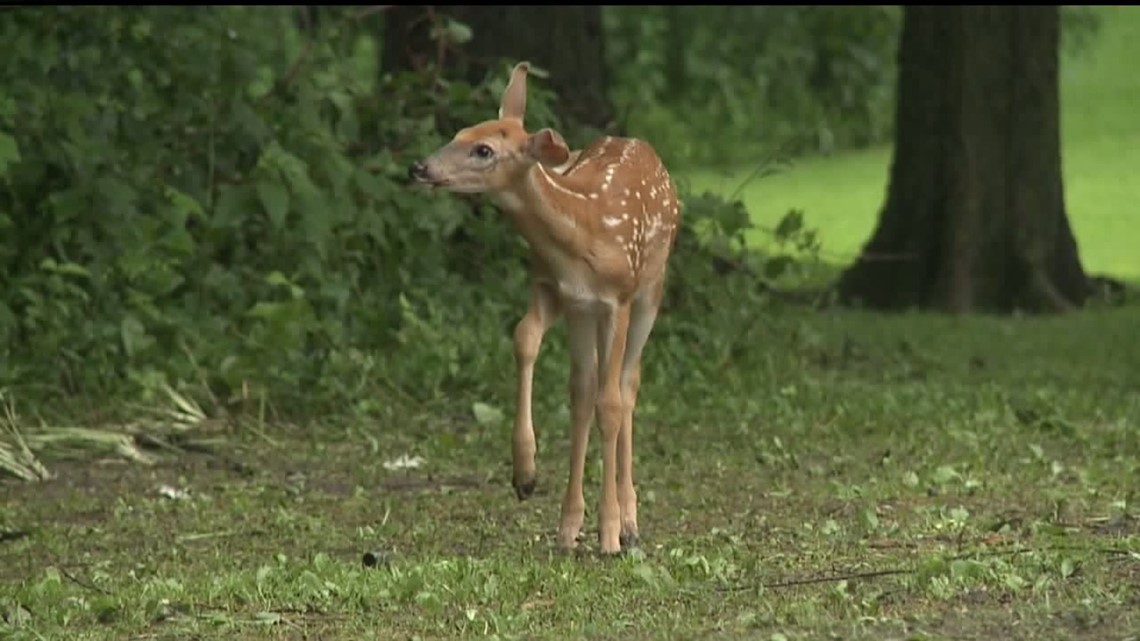
Iowa In Top 5 States Most Likely To Hit A Deer Wqad Com

Drivers Beware It S Deer Mating Season Thorp And Trainer Insurance

Driving Safely During Deer Season

After You Hit A Deer Wichita Ks Collision Center Of Andover
Motorcyclists Vulnerable As More Deer Cross The Roads Wxpr

What Should You Do If You Hit A Deer

A Dangerous Combination Dusk Deer And Driving Scotland S Nature
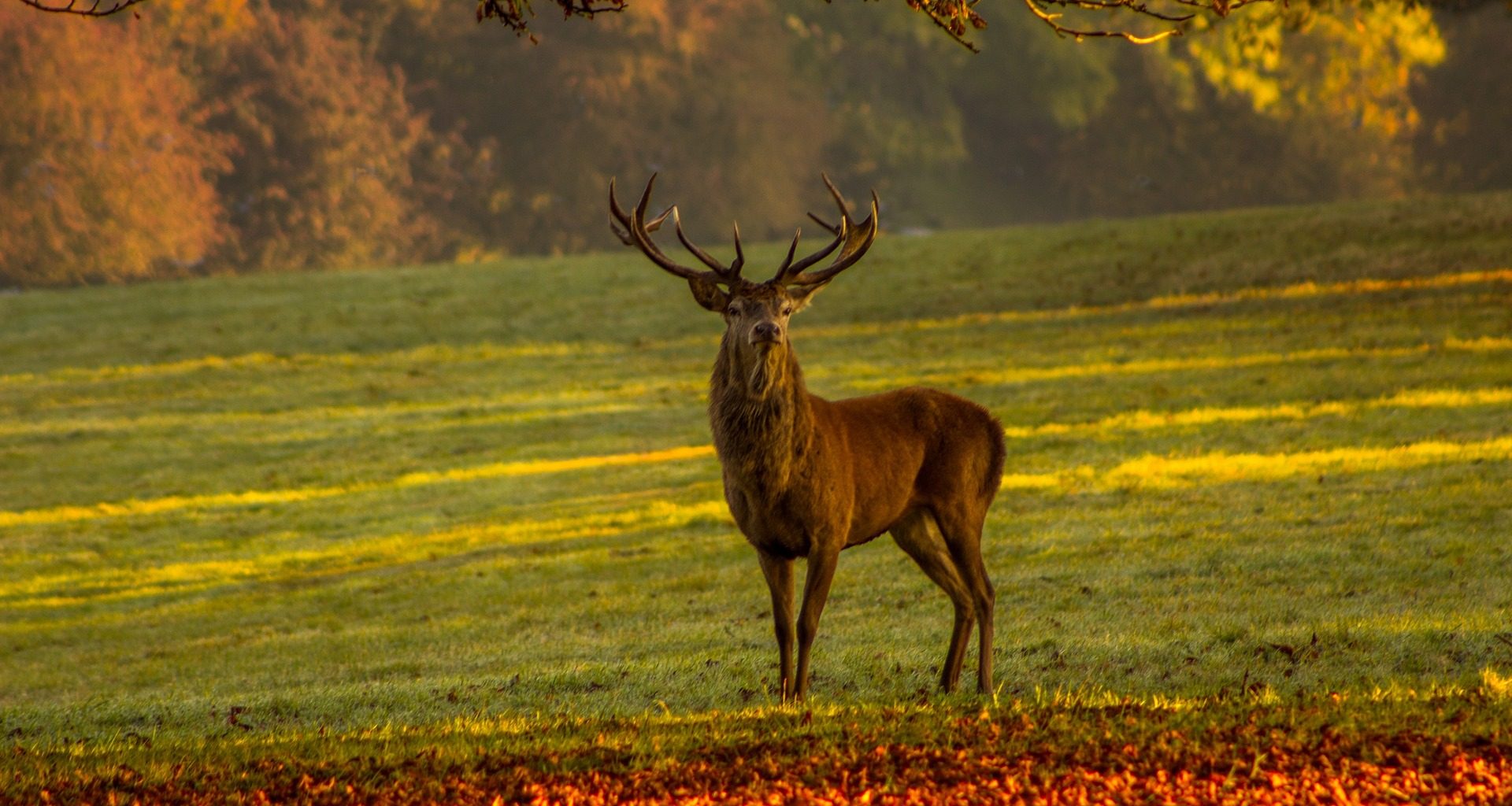
30 Surprising Deer Accidents Statistics

South Carolina Car Accidents Car Vs Deer Peake Fowler
Q Tbn 3aand9gcqhymrao 6prs Tpbgfuhnli0crxrmjd1fn3ojsqkcq R0b0e G Usqp Cau

Attention There Is A Deer Dekra Solutions Magazine

Here Are Some Tips To Avoid Hitting Deer As Risk Increases In October

In Which Pa Counties Are You Most Likely To Hit Bambi Pennlive Com

Maryland Car Vs Deer Crashes Jump As Mating Season Begins Annapolis Md Patch

June Is A Dangerous Month For Deer Vehicle Crashes Superior Telegram

Oh Deer Pittsburgh And Deer Collisions Popular Pittsburgh
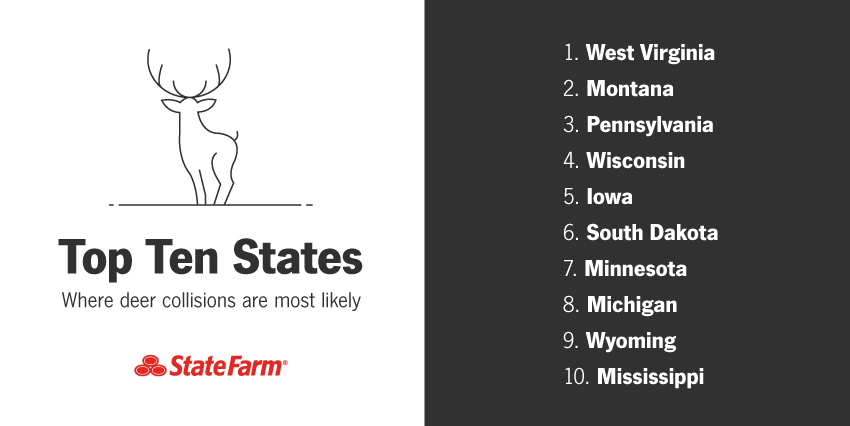
Deer Crashes Down But Be Alert In The Fall State Farm

How To Avoid Hitting The Deer In Headlights
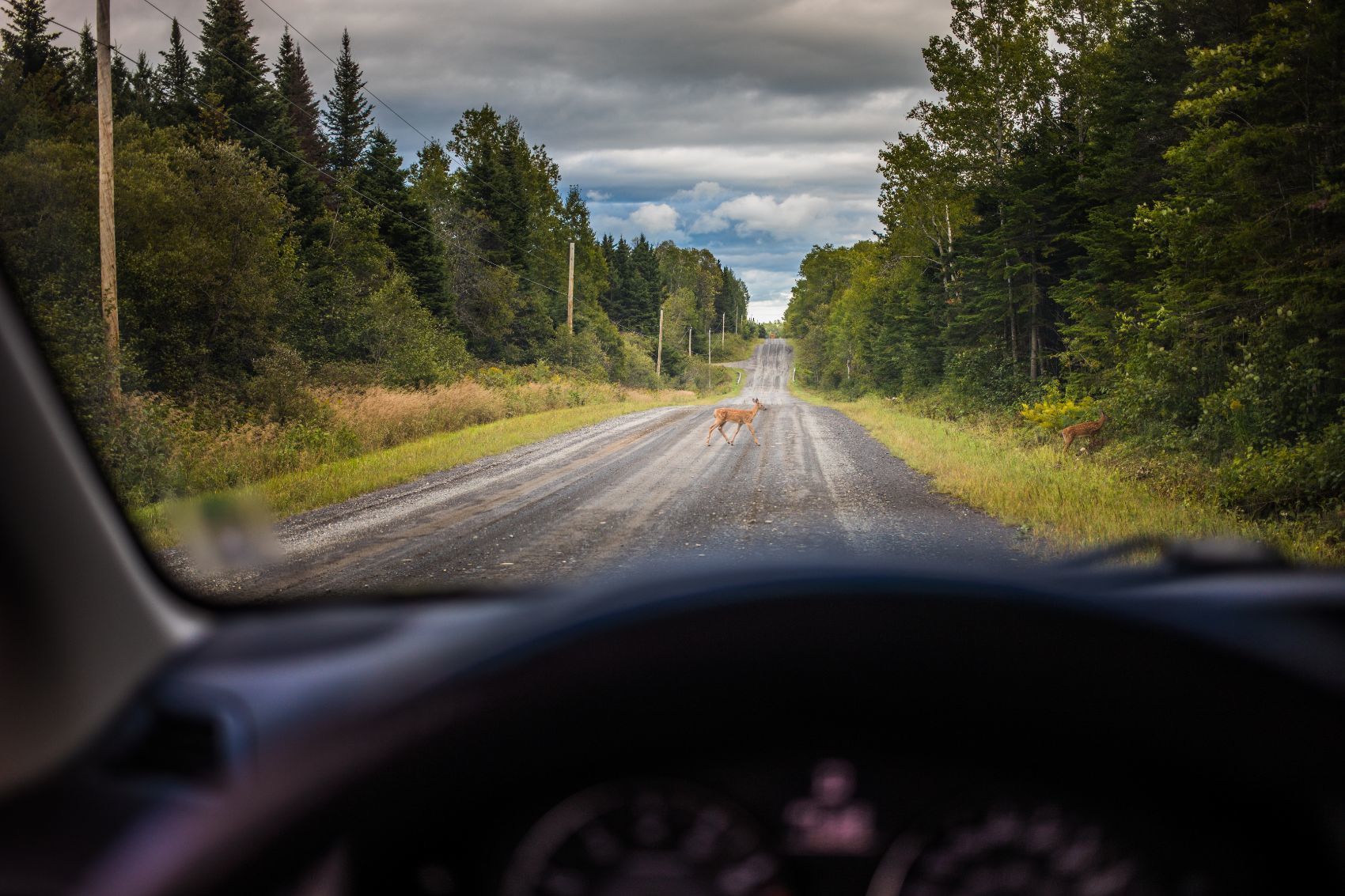
How To Avoid Hitting A Deer Best Practices Essential Tips

Deer In The Headlights 6 Tips To Avoid An Accident With Our Furry Friends Central Insurance Companies

Mississippi Is In The Top 10 When It Comes To Hitting A Deer News Mississippi

What Do I Do If I Hit A Deer In Ottawa

Don T Swerve To Miss Deer News Southeast Iowa Union Washington Mount Pleasant Fairfield

Odds Of Hitting A Deer While Driving Rise In Pennsylvania New Jersey Lehighvalleylive Com
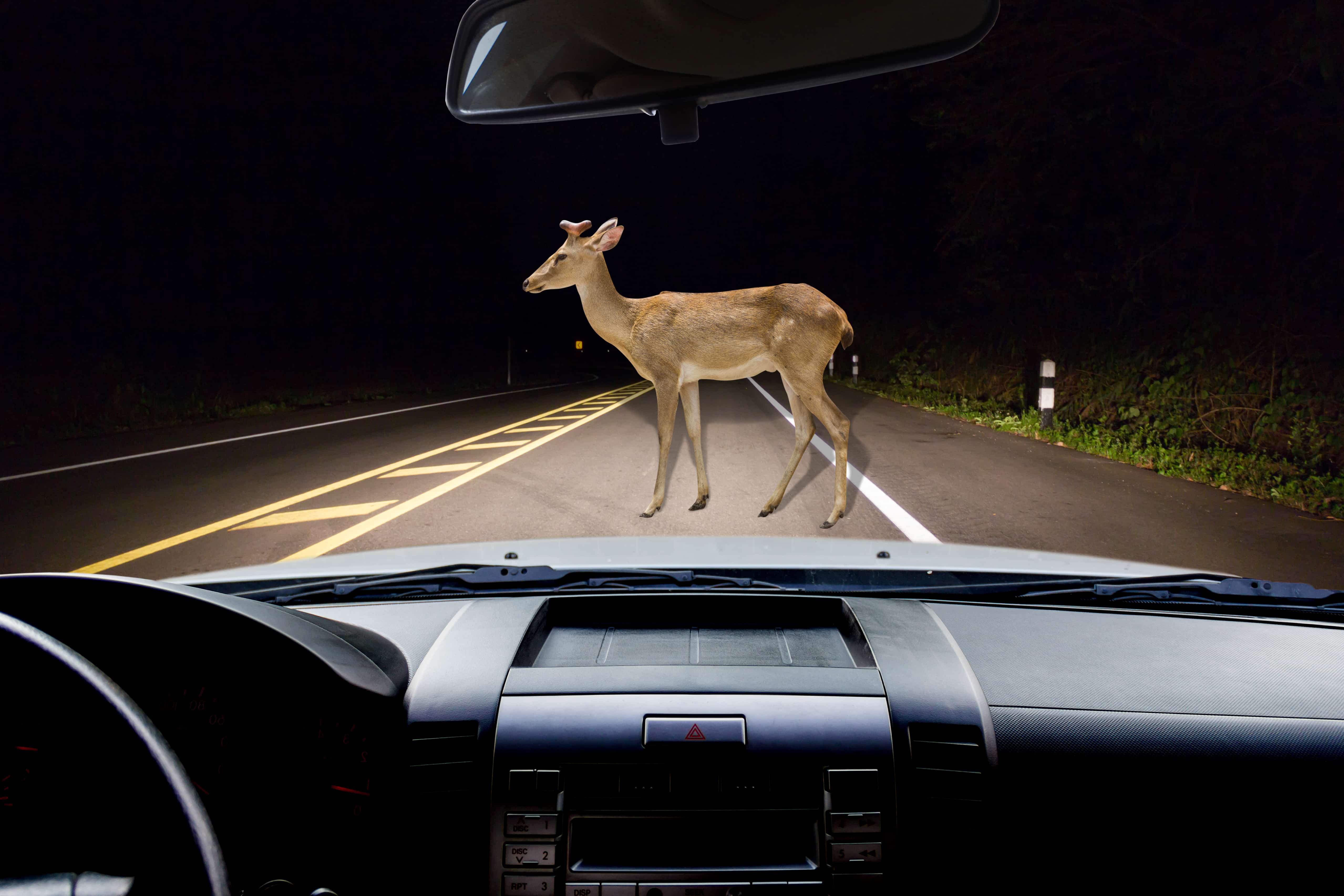
Compensation For Car Crashes Caused By Wildlife In Indiana Highways

Fall Driving Avoid Hitting A Deer

Fall Is The Most Dangerous Time For Deer To Be Hit By Cars But Here Are Some Critter Files

Deer Are On The Move Drivers Be Aware Of 4 Legged Hazards Be Ready Lexington

Driving Safely During Deer Season
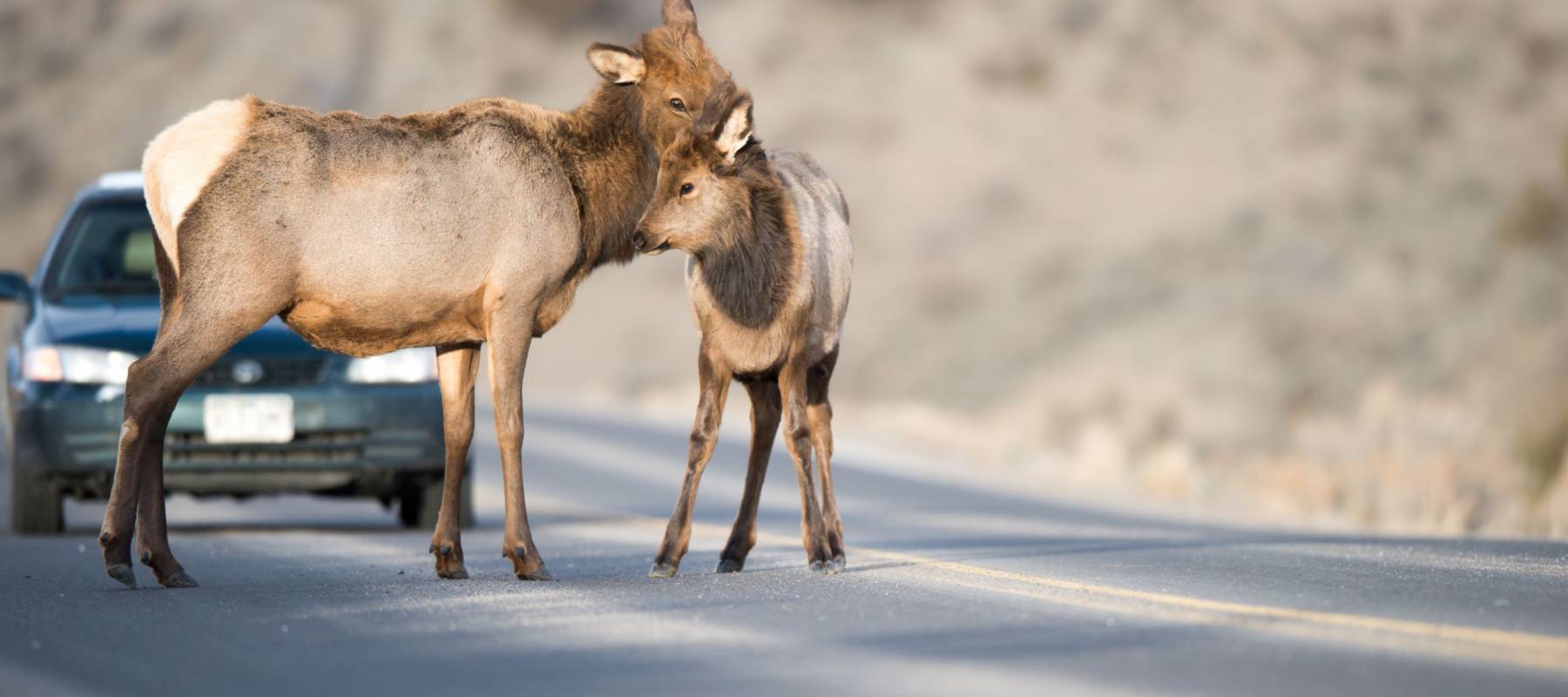
The 15 Worst States For Deer Auto Accidents

Tips For Avoiding Or Surviving A Car Crash With A Deer

How To Avoid Hitting Deer On The Road
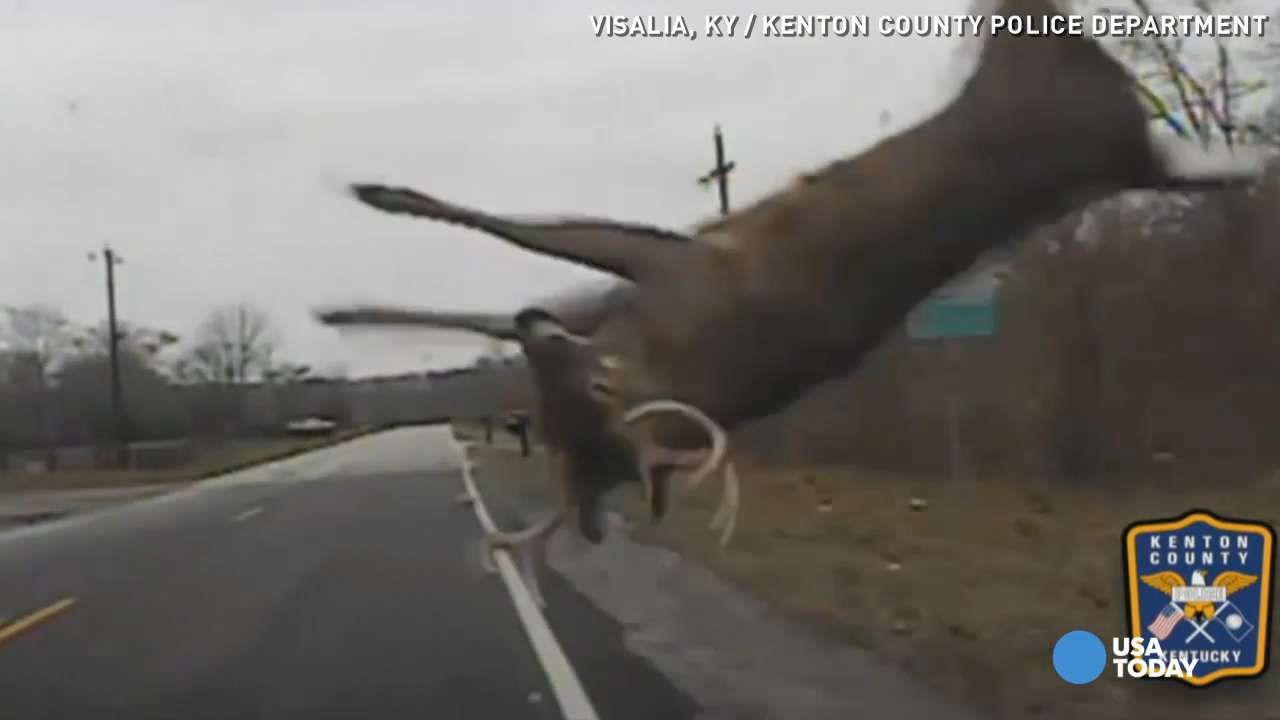
Odds Are High That You Ll Hit A Deer In Iowa This Year
Q Tbn 3aand9gcssfpg2yahgsx1rl3gwnfcmdoezj31zfktw3 Bk Uecixrnbu4v Usqp Cau

Oh Deer Deer Damage Don T Let It Put A Dent In Your Wallet Carstar Blog



